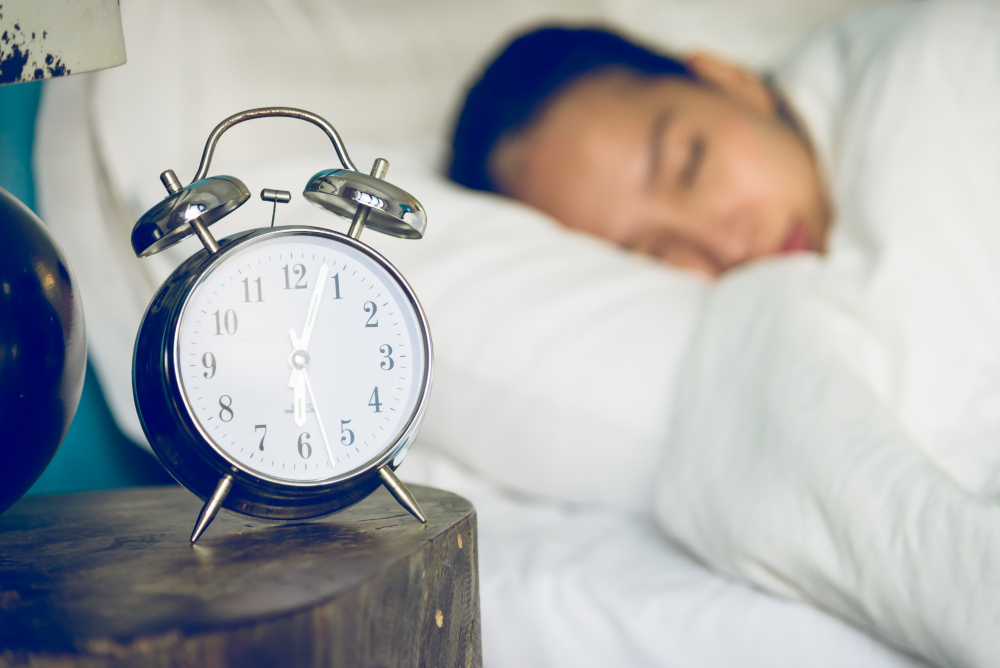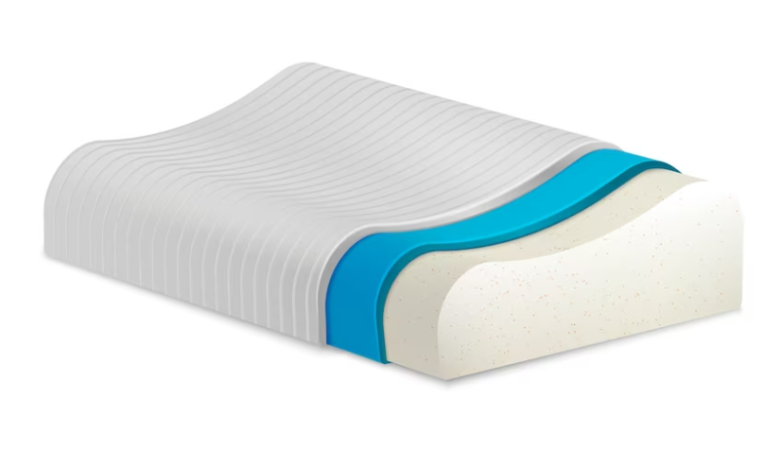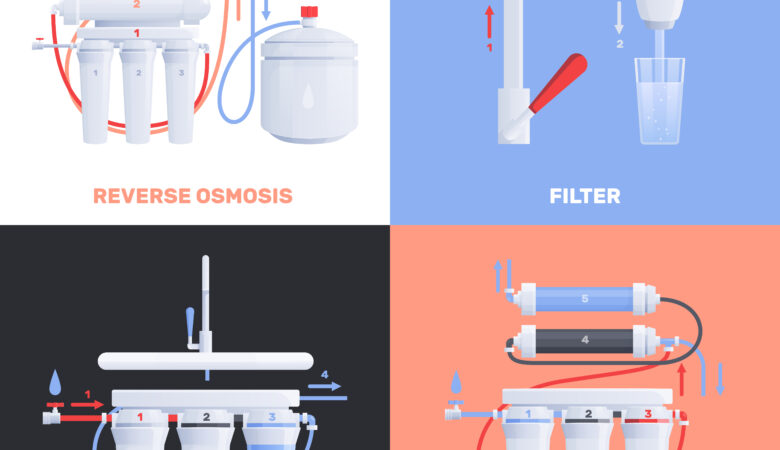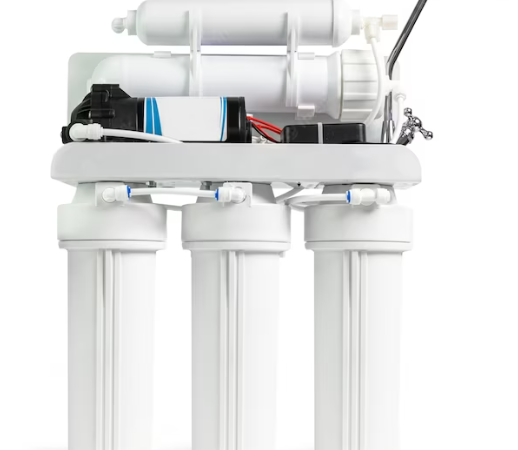In parasomnias, there are unexpected and unpleasant bodily sensations that cause sleep disruption. These are disturbing for you and the ones who share a bed with you. It causes conflict between people and can result in poor sleep quality.
What is Parasomnias?
Undesirable behaviours that people experience before sleeping are known as Parasomnias. These behaviours vary as per age, and their frequency may vary.
Types of Parasomnias
There are three fundamental kinds of parasomnias; have a look at them:
1. NREM
These constitute the first, second, third and fourth sleep stages when the sleep quality is lighter. Disorder of arousal is the common Non-rapid eye movement parasomnias. People suffering from NREM parasomnias can merely remember the whole incident.
2. Confusion and Lack of Concentration
Elpenor Syndrome, also known as confused arousal, is characterised by a rapid heart rate and dilated pupils. While in bed, the person becomes puzzled about movements.
3. Sleepwalking
Sleepwalking is dangerous as it can lead to a fatal fall or injury. In this situation, the person gets out of bed and begins strolling sleepily, unconscious of their surroundings.
4. Sleep terrors
Sleep terrors or Night terrors are short episodes of screaming and shouting during sleep. The person having sleep terrors shouts like some haunted movie while they are asleep, and it’s petrifying to watch such instances.
5. REM Related
REM, or rapid eye movement, comes after the first four phases of sleep. Fast breathing, high heart rate and rapid eye movement are the highlights of being in this stage.
6. Behavioral
While sleeping, a person may vocalise or move in a specific way, known as REM sleep behaviour. It occurs as a result of skeletal muscle dysfunction.
7. Sleep paralysis
Sleep paralysis is as cryptical as it sounds. A person having such an episode is unable to move any ounce of their body. It resembles the actual state of paralysis and can make the person extremely nervous at first.
8. Nightmare
Nightmares are common in both kids and adults. People can have trouble dreaming from time to time. These nightmares are related to stress and anxiety. These are recurring and horrific dreams that will keep you awake most nights.
Others
1. Head Syndrome
It’s a condition in which you will feel like your head is going to explode. There will be a severe headache and light flashes every time you close your eyes.
2. Hallucinations
Have you ever heard about the term mirage or hallucinations? It’s a surreal feeling that makes you imagine things that are not even real or there. A person can suffer from hallucinations while having parasomnias. It can last until that individual wakes up.
3. Sleep Enuresis
Sleep enuresis is commonly known as “bed-wetting”. Generally, children till the age of five urinate on the bed during the night due to sleep enuresis. It’s a related sleep disorder that diminishes as the child grows.
Treatment for Parasomnias
As you already know, a person struggling with parasomnias has little to no control over their actions. It’s a sleep-disruption related group of disorders that include sleepwalking, night terrors, sleep enuresis and more. The first step towards treating such an absurd situation is identifying it. Do not neglect symptoms and occurrences of sleep disorders related to parasomnias.
- Maintain sleep hygiene, go to be on time and wake up early to exercise.
- Keep the sleep ambience peaceful. Install blackout curtains to limit the light & sound disruptions in your bedroom.
- Get a new mattress that supports your sleeping style. Explore a variety of modern and popular bed mattresses types by Livpure sleep. Their amazing bedroom accessories will enhance your sleeping experience and will put you into a deep sleep quickly.
- Take your medicines on time. Eat healthy meals throughout the day.
- Limit your alcohol and coffee consumption.
Conclusion:
You are alone, as a majority of the population experiences parasomnias from an early stage in life. It all comes down to our lifestyle choices. If you want to improve the quality of your sleep, you must modify the way you live. Follow a regime, eat healthy, stay positively happy and be aware of sleep disorders.








